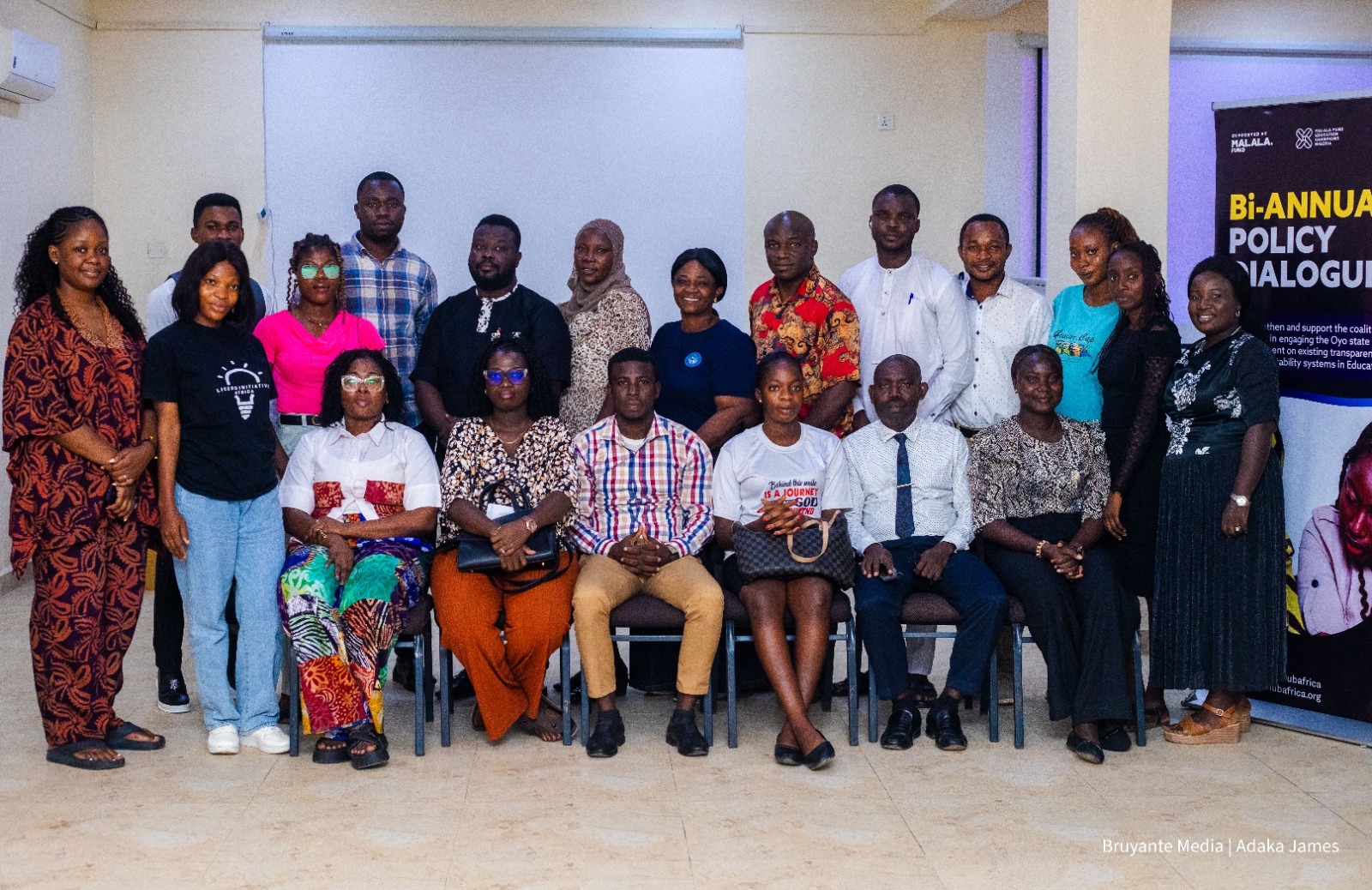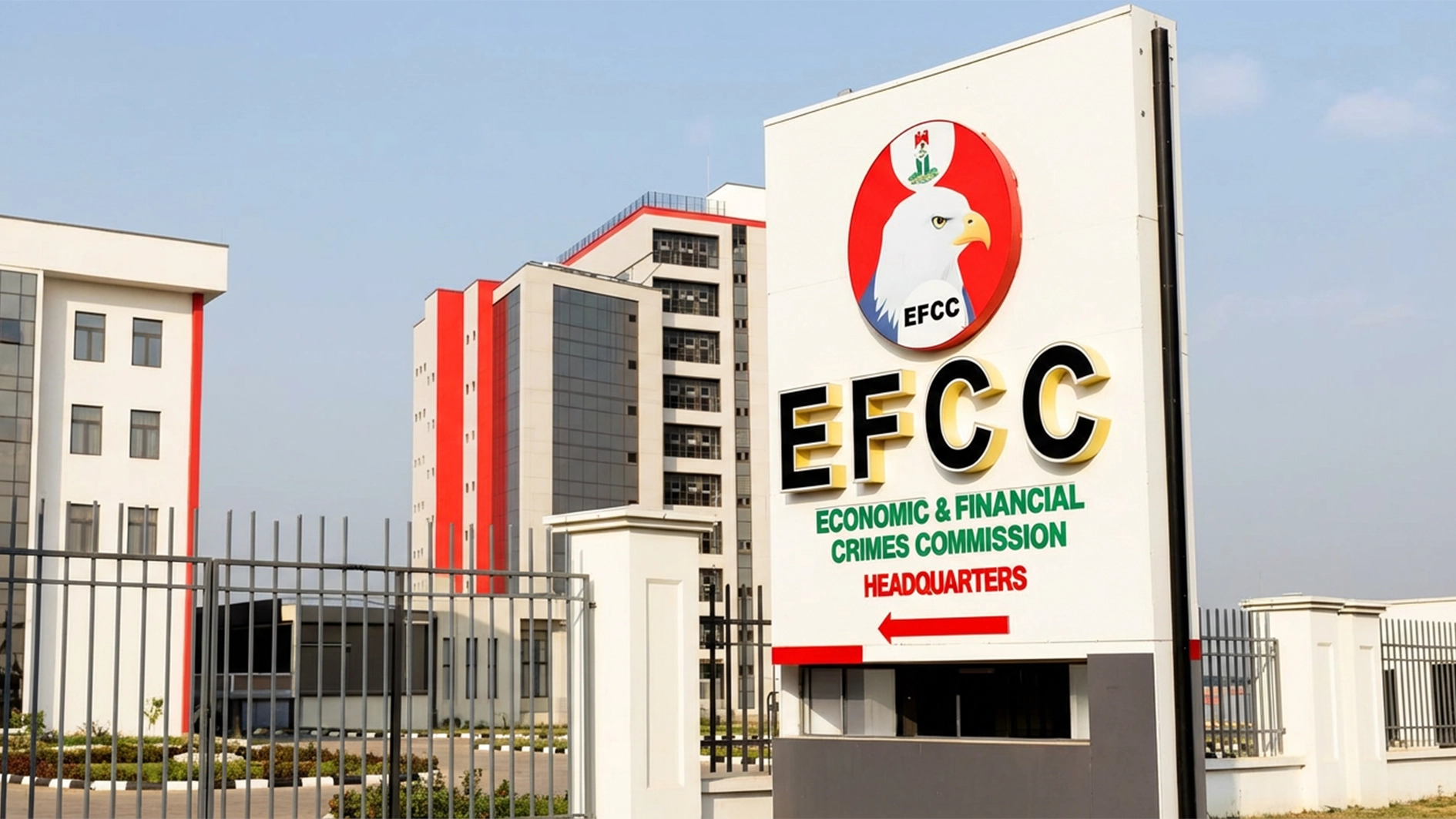President Bola Tinubu has rejected the involvement of private military and security contractors in African conflict zones, arguing that their deployment undermines state sovereignty and complicates counter-terrorism efforts.
Tinubu delivered the position on Monday during the first plenary session on ‘Peace, Security, Governance and Multilateralism’ at the 7th African Union–European Union Summit in Luanda, Angola.
Represented by Vice President Kashim Shettima, Tinubu told heads of state and EU leaders, “We stand resolutely against the use of private military and security companies in African conflicts, as their presence often complicates resolution efforts and undermines state sovereignty.”
He said that Africa’s security challenges, including terrorism and transnational organised crime, require coordinated, state-led responses rather than parallel forces with unclear mandates.
Tinubu’s remarks reinforced Nigeria’s longstanding approach to regional peace missions under the Economic Community of West African States (ECOWAS) and the African Union (AU). He also noted that the current global shift away from multilateralism has created a fragile security environment, while praising the EU as one of the few remaining platforms for continent-to-continent engagement “anchored on mutual respect and shared aspirations.”
The president reiterated Nigeria’s commitment to promoting peace and democratic stability across Africa and underscored Nigeria’s call for permanent United Nations Security Council seats for African nations.
“It is time for Africa to occupy permanent seats on the UN Security Council, with all attendant privileges, including the veto. Genuine text-based negotiations under the Intergovernmental Negotiations framework must now commence,” he said, urging EU support for the continent’s reform agenda.
Addressing regional security challenges, Tinubu pointed at Nigeria’s counter-terrorism achievements, noting that more than 250,000 Boko Haram-affiliated individuals had surrendered in early 2025 through a combination of kinetic and non-kinetic measures, including the Multinational Joint Task Force in the Lake Chad Basin. “As of early 2025, over 120,000 Boko Haram-affiliated individuals, including family members, have surrendered,” he added.
He also stressed the importance of African-led frameworks in addressing irregular migration, noting the need to acknowledge its economic and demographic drivers. “Criminalising mobility has only compounded insecurity. Our joint task is to convert mobility into safe, orderly, and productive pathways that benefit both continents,” he said, citing Nigeria’s Technical Aid Corps and business process outsourcing initiatives as models.
The President called on the EU to work alongside African partners to prevent unconstitutional changes of government, support governance reforms and counter extremist narratives. He cited the conflict in Sudan, which has caused more than 40,000 deaths and displaced over 12 million people, as an example of the consequences of external interference and structural instability.
Tinubu concluded by reaffirming Nigeria’s readiness to collaborate with the EU on peace and security initiatives, emphasising that efforts must be co-created with African stakeholders and anchored in local ownership.
The 7th AU–EU Summit, co-chaired by Angola’s President João Lourenço and the President of the European Council, António Costa, convenes African and European leaders to discuss security cooperation, trade, governance and migration issues.






